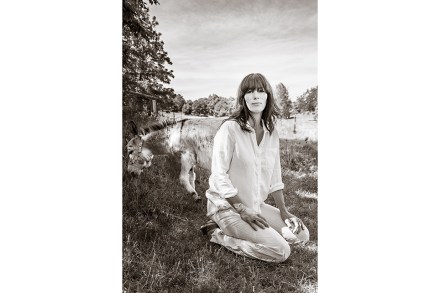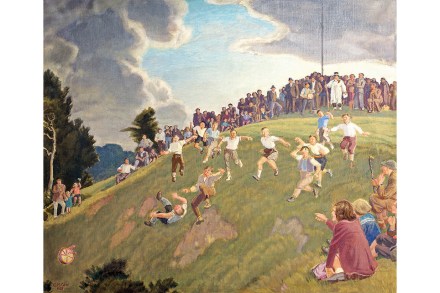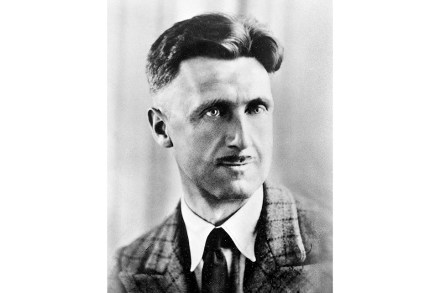The trial of Marshal Pétain continues to haunt France to this day
Lead book reviewIn September 1944, a few months after being greeted by cheering crowds in Paris, Marshal Philippe Pétain, the head of the wartime État Français, was driven across the German frontier into exile under Gestapo escort. He no longer had access to the national radio service, so, as he passed through France, typed copies of his






























